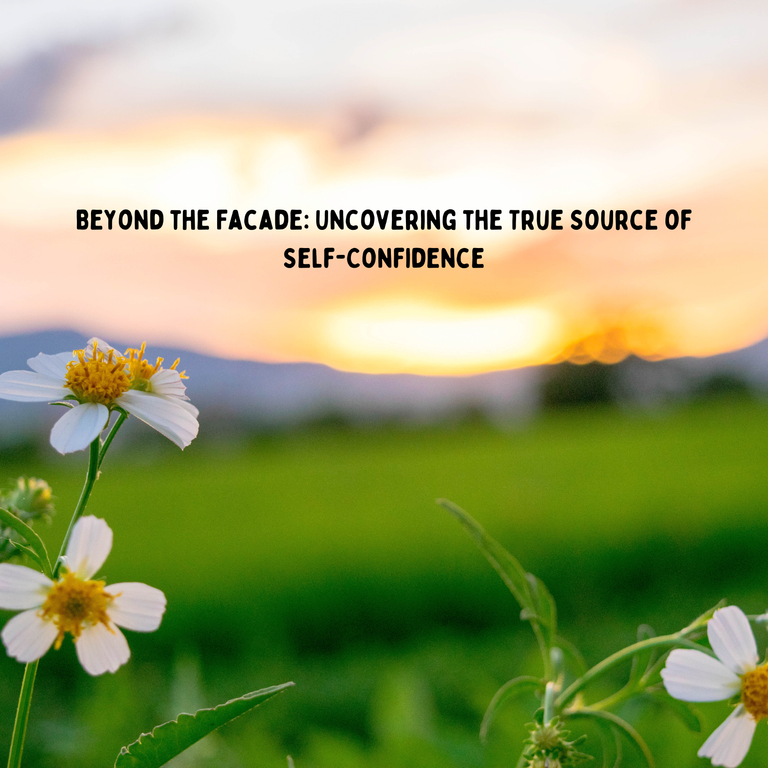
Many self-described "gurus" have made a fortune selling seminars on raising self-esteem. Much more literature and works touch on the subject. I have yet to look over one single one. My studies and assessments have always given me confidence since my early years.
When I was a small child, my mother used to read me a bedtime tale every night. These tales have excellent intentions and seek to teach valuable lessons, even if they sometimes backfire.

For example, how often do you find the concept of professional choice included in children's novels prior to the bike riding age? When you grow up, what kind of person you want to be? Every day is this habit. Perhaps a fireman. A banker for investments? Early on, this educates children that their cultural values closely relate to their aspirations. Of course, this strategy is more comprehensive than books aimed at kids. Teachers and parents share equally in responsibility. Is there enough space available for our children to be genuine?
Although Papa values agility the most, his child requires more skill and the drive to be the best in sports. My dream employment for a youngster would be as a guitarist and songwriter in music production. Is it fit for a father to stifle such a wish? Which person makes the most crucial decision? Is a reevaluation called for the proverb "Papa recognizes finest"? When let to value many facets of who they are, a youngster is likelier to grow to have a good sense of self. Encouragement of their child's curiosity with love and support is a parent's responsibility; they should not control or guide the path.

According to conventional knowledge, people with low self-esteem often hear "you're unsatisfactory" or "you're wise enough" repeatedly. Not only has verbal abuse demoralized many, but many have also suffered physical and sexual assault. Having said that, and I don't want to minimize the gravity of these circumstances, I believe everyone's poor self-esteem has somewhat less severe reasons.
The twenty-something businessman lacks self-esteem; he went to college mostly to please his parents, but now he works as a salesperson daily and an artist by evening. Alternatively, there are the emotional religious folks who would sooner live a life of dogma and guilt than pursue earthly happiness. The young person who grew up seeing MTV's image of rock fame included its guidelines for forming friendships and having influence. The problem arises from our social sonar, which consists of the signals we send to the environment about our dependence on the food chain. In the "on-demand" era, we want quick, practical peeks at the data shown at 300 ppi. The media and advertising employ misleading techniques to push us into their limited audience; the defects and values of other people distort and color these impressions.

Eastern religions have long recognized this problem, and the instruction of self- and ego-neglect has been the remedy. Should we thus let nature take over and withdraw from the outer world, destroying ourselves? I cannot support this very extreme approach. On the other hand, you really must know who you are. Our construction is often like a house of cards, needing a solid basis and depending on hypothetical presumptions. Our mental framework is where a consistent self-image could be strengthened.
It is thus advised that you concentrate your meditations on dear topics. Explore yourself free from obsession with what you might discover. Steer clear of the need to criticize oneself since everyone has good and bad. Accept your difficulties; they will help you to define yourself. Furthermore, remember that your perspective counts more than anyone else's. Regarding self-esteem, you shouldn't allow a book to drag you down. Its source is inside, not outside.

Posted Using InLeo Alpha
